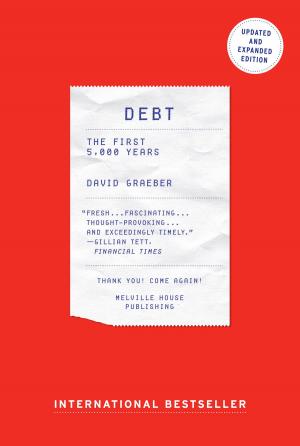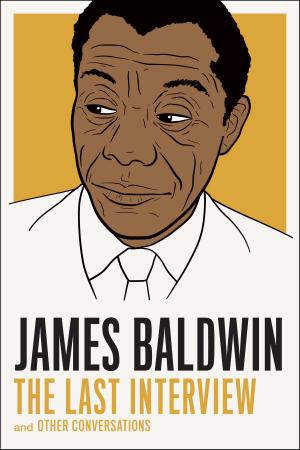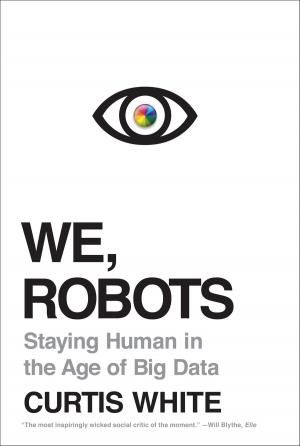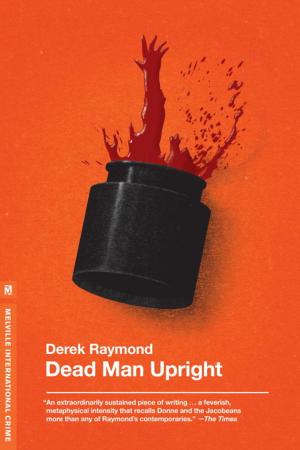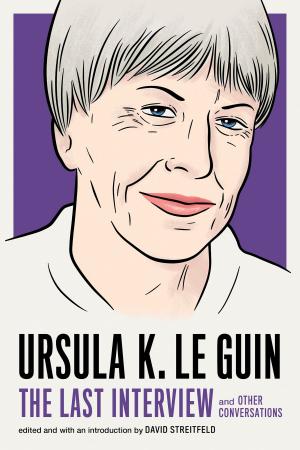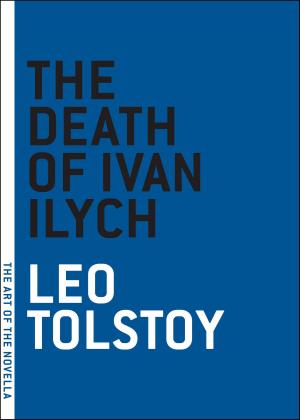Among the Bankers
A Journey into the Heart of Finance
Business & Finance, Finance & Investing, Banks & Banking, Nonfiction, Social & Cultural Studies, Political Science, Politics, Economic Policy, Finance| Author: | Joris Luyendijk | ISBN: | 9781612195926 |
| Publisher: | Melville House | Publication: | September 27, 2016 |
| Imprint: | Melville House | Language: | English |
| Author: | Joris Luyendijk |
| ISBN: | 9781612195926 |
| Publisher: | Melville House |
| Publication: | September 27, 2016 |
| Imprint: | Melville House |
| Language: | English |
Joris Luyendijk, an investigative journalist, knew as much about banking as the average person: almost nothing. Bankers, he thought, were ruthless, competitive, bonus-obsessed sharks, irrelevant to his life. And then he was assigned to investigate the financial sector.
Joris immersed himself in the City—London’s equivalent of Wall Street—for several years, speaking to over 200 people—from the competitive investment bankers and elite hedge-fund managers to downtrodden back-office staff, reviled HR managers, and those made redundant in the regular 'culls'. Breaking the strictly imposed code of secrecy and silence, these insiders spoke on record about what they actually do all day, how they see the toxic environment in which they work, and how they think the uninitiated see them. They confessed to feeling overwhelmed by the intransparency of our financial systems. They admitted that when Lehman Brothers went down in 2008 they hoarded food, put their money in gold, and prepared to evacuate their children to the countryside. They agreed that nothing has changed since the crash.
A strange thing happens when you spend time among the bankers . . . you start to sympathize with them. What if the bankers themselves aren't the real enemy? What if the truth about global finance is more sinister than that?
Joris Luyendijk, an investigative journalist, knew as much about banking as the average person: almost nothing. Bankers, he thought, were ruthless, competitive, bonus-obsessed sharks, irrelevant to his life. And then he was assigned to investigate the financial sector.
Joris immersed himself in the City—London’s equivalent of Wall Street—for several years, speaking to over 200 people—from the competitive investment bankers and elite hedge-fund managers to downtrodden back-office staff, reviled HR managers, and those made redundant in the regular 'culls'. Breaking the strictly imposed code of secrecy and silence, these insiders spoke on record about what they actually do all day, how they see the toxic environment in which they work, and how they think the uninitiated see them. They confessed to feeling overwhelmed by the intransparency of our financial systems. They admitted that when Lehman Brothers went down in 2008 they hoarded food, put their money in gold, and prepared to evacuate their children to the countryside. They agreed that nothing has changed since the crash.
A strange thing happens when you spend time among the bankers . . . you start to sympathize with them. What if the bankers themselves aren't the real enemy? What if the truth about global finance is more sinister than that?


